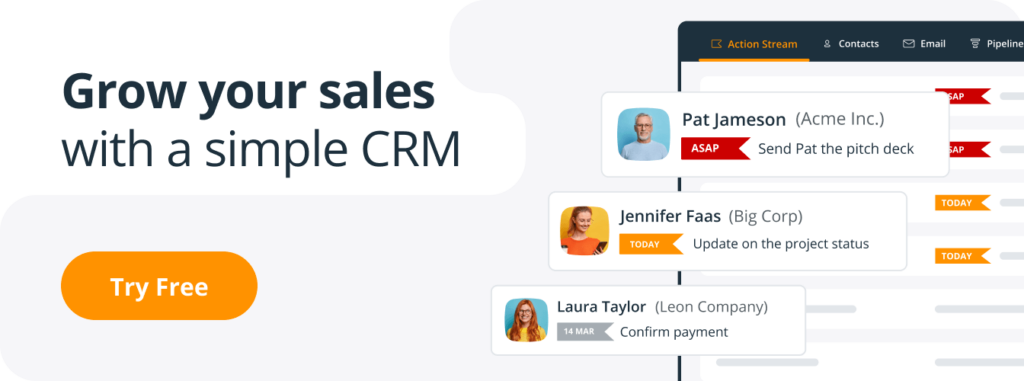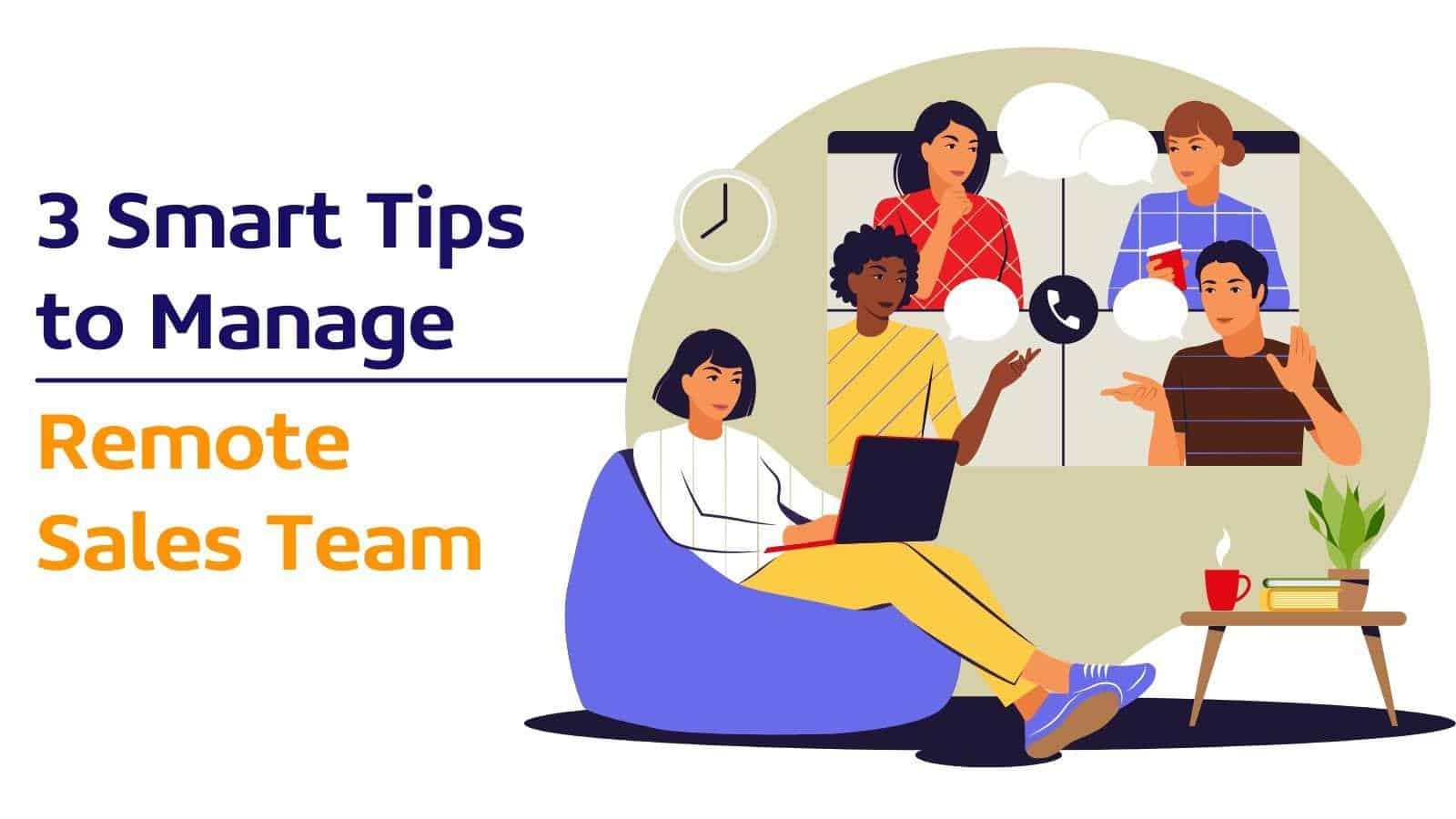

Hiring commission-based sales agents or other external sales partners can be an excellent sales strategy. On one side, it’s low-risk as you only pay for results. However, low risk shouldn’t be confused with low cost. Companies should be well prepared before getting a commission-based sales rep.
I’ve worked with commission-based sales agents for over a decade, and I can say without a shadow of a doubt that the number one mistake many companies make is not being prepared.
This article will address the most common pitfalls when hiring independent sales agents and how to set your company up for success. I’ll provide you with a preparation checklist and explain why preparation is so essential when it comes to hiring commission-based sales reps.
Why preparation is key in commission-only sales
Commission-only sales are inherently motivating: the more you sell, the more you earn. This is why many seasoned sales professionals prefer this model over having a fixed salary with a smaller commission component.
However, it’s important to consider the other side of this coin.
While a commission-based sales model boosts motivation, it can also reduce commitment—particularly at the start of the relationship with a sales agent. Without the security of a fixed income, the arrangement can feel less binding, making it more likely for a sales agent to lose focus or get sidetracked by other personal or professional priorities.
This is why it’s essential to get commission-based sales agents up and running quickly. Once they start engaging in sales processes and see the potential for earning commission, they’re far more likely to stay committed.
When you bring on a skilled commission-based sales agent, you need to ensure they start selling and earning a commission as soon as possible. The quicker they see results, the more invested they’ll become in building a successful partnership with your company.
The preparation checklist for hiring
Let’s outline what you should have ready before you start the hiring process.
The more you are prepared, the more likely you are to get your sales agent started quickly and create the sales success story you’re looking for.
Being prepared is not just about having a clear understanding of their responsibilities. It’s also about making sure that your company can successfully onboard an external sales agent and provide them with all the necessary tools for success.
1. A proper training structure
To close deals, sales agents need to know the company’s products in and out. However, they often don’t receive adequate training.
Once you sign the contract with a sales agent, schedule a training session with them as quickly as possible—preferably on the same day. They will likely need more than one training session to fully understand your products or services. However, the training schedule needs to be structured in such a way that they can begin making their first sales calls after the very first session.
There’s another pitfall I’ve seen happen from time to time. Some companies overwhelm sales agents with training. They send 150-page PDF documents asking sales reps to “study up”. This is as ineffective as giving a six-year-old a book on how to swim. A sales agent can’t become an expert overnight, but after the first training session, they should know enough to start confidently engaging with prospects.
2. Sales materials
Sales agents need some materials to do their job.
Here are the most common sales materials you might want to get ready before a sales agent joins your team:
- Sales brochures should be professional, tailored to your audience, and available in both print and digital formats. Sales agents can use them to highlight key benefits and unique selling points.
- Product samples are a great way for sales agents to showcase your product. Make sure they are of high quality. If your product is digital, prepare demo recordings or walkthrough videos.
- A sales deck is a polished presentation that covers your company, product features, case studies, and pricing. Include an FAQ section to help sales agents address frequently asked questions confidently.
- An email account is a must-have. Set up a company-branded email address for the agent together with templates for introductions, follow-ups, and proposals. Ensure these templates are professional yet easy to personalize.
Sales materials are collateral that is needed to support the sales process in your company and move leads from one stage to another. If something is missing or not easily accessible, it can slow down your sales process or delay sales altogether.
As I keep repeating to my clients: the longer it takes for a sales agent to get started, the bigger the risk that this arrangement will not work out.
3. A sales CRM system
While some sales agents may prefer using their own CRM system, for your company, it’s much better if they agree to manage sales in your CRM. This way, you’ll maintain a clear, comprehensive and centralized overview of all your sales activities.
Many sales agents are not happy when companies bring up CRM systems. They often expect something clunky, hard to navigate, and tedious to update. It’s easy to understand their concerns as good sales agents want to spend time selling—not wrestling with an unwieldy CRM.
Before getting a sales agent, make sure you’re using a simple and user-friendly CRM. Ideally, you want it to have different user permissions without giving sales agents full access to your database.
Based on our experience, sales agents enjoy working with OnePageCRM because it simplifies their sales processes rather than creating extra work.

4. An initial prospect list
Sales agents are often expected to find their own leads and prospects. However, if you don’t have a lead generation process, I strongly encourage you to prepare a small list of high-quality leads in advance to help your sales agent get started.
A list of around 30 quality leads should be enough at first. Ideally, these would be warm leads, but even if they’re entirely cold, they should be a good fit for your products and include all the necessary information.
Putting effort into this “welcome gift” for the sales agent can be the difference between success and failure. It eliminates any excuses for delaying sales activity and gives them everything they need to hit the ground running.
Upload the list to your CRM account and include ready-to-go email templates for follow-ups after sales calls. Agree on the deadline by which the agent should have worked through the list. Then schedule a meeting to review lessons learned and discuss the best strategies moving forward.
By having a list of leads ready for your newly hired sales agent, you’ll help them get down to work as quickly as possible. Once they catch a whiff of potential commissions, they’ll be much more motivated to continue working with you.
Hiring commission-based sales agents
Hiring commission-based sales agents can be beneficial for your business. However, you need proper preparation.
Make sure that you have:
- Sufficient training
- Ready-to-go sales materials
- A configured CRM system
- An initial list of prospects (to kickstart the process)
This is a simple checklist for hiring commission-based sales reps.
Without these four elements, you risk derailing your collaboration with a commission-based sales agent.





![Top 5 Sales Training Techniques [Low-Cost & Effective]](https://www.onepagecrm.com/wp-content/uploads/sales-training-post-header.png)






